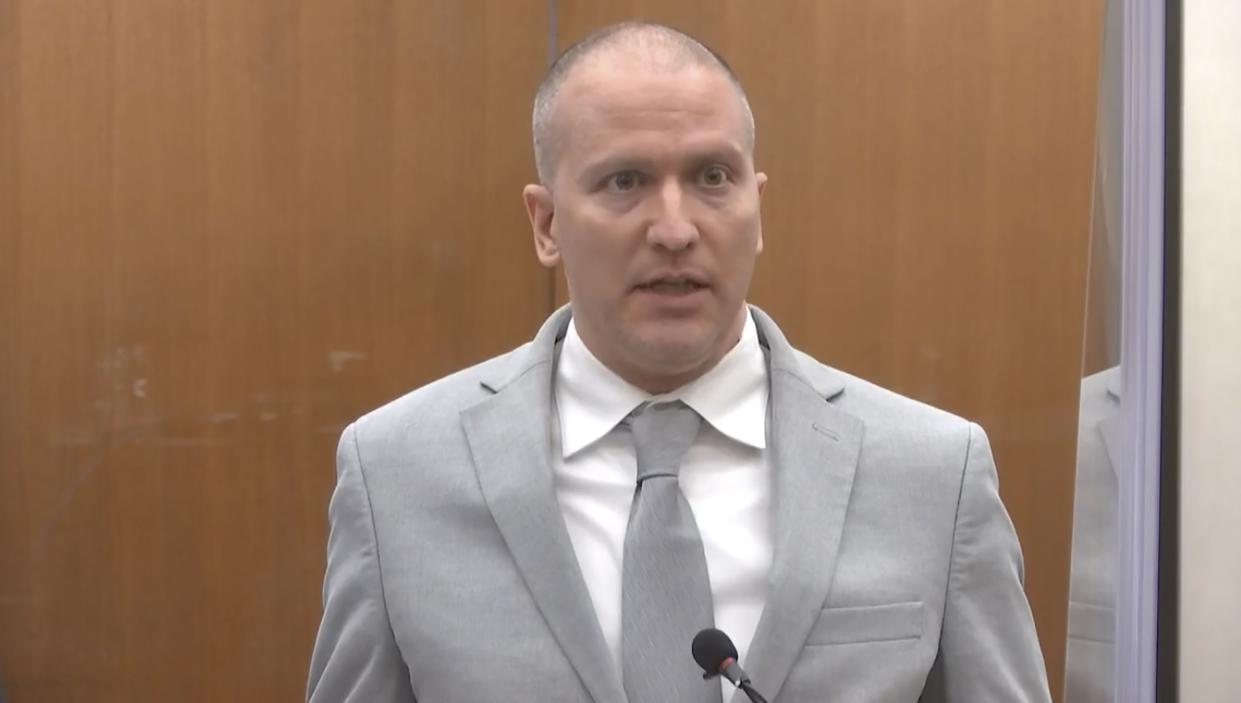Derek Chauvin sentence reflects seriousness of crime, Minn. AG Keith Ellison says
Former Minneapolis police officer Derek Chauvin’s 22½-year sentence for murdering George Floyd “reflects the seriousness” of the crime, Minnesota attorney general Keith Ellison said Sunday.
“Given the particular cruelty, the abuse of trust, committing this crime in a group, in front of kids — this sentence works,” Ellison said during an interview with ABC News.
“Now, you can’t replace the life of George Floyd, so true satisfaction is simply not available to us. But I think that this is certainly a sentence that reflects the seriousness. And, of course, this matter is not over yet,” he added, referring to a potential federal sentence for Chauvin.
On Derek Chauvin being sentenced to 22 1/2 years for the killing of George Floyd, Minnesota Attorney General Keith Ellison tells @jonkarl: "I think that the judge is right given the particular cruelty... this sentence works." https://t.co/cYI8dXtX9Y pic.twitter.com/MtOYTRCv5x
— This Week (@ThisWeekABC) June 27, 2021
Chauvin was eligible to receive as many as 40 years for the second-degree murder charge alone and prosecutors sought at least a 30-year sentence.
Ellison said the sentence was an early step toward reform.

“All over the United States,” the former congressman said, “states are looking at police reform. We need them to act. We need departments to act. We need prosecutors and we need other police officers to look inside and say, ‘What can we do to build greater trust and greater cooperation with our communities that we protect and serve every day?’
“In a larger perspective, we have got a lot of lifting to do. And when it comes to Congress, I think they could lead the way by passing the George Floyd Justice in Policing Act. I think it’s essential, and the country needs it,” Ellison said, referring to the sweeping police reform bill that bans the use of chokeholds and no-knock warrants at the federal level and passed in the House of Representatives in March but remains bogged down in the Senate.
